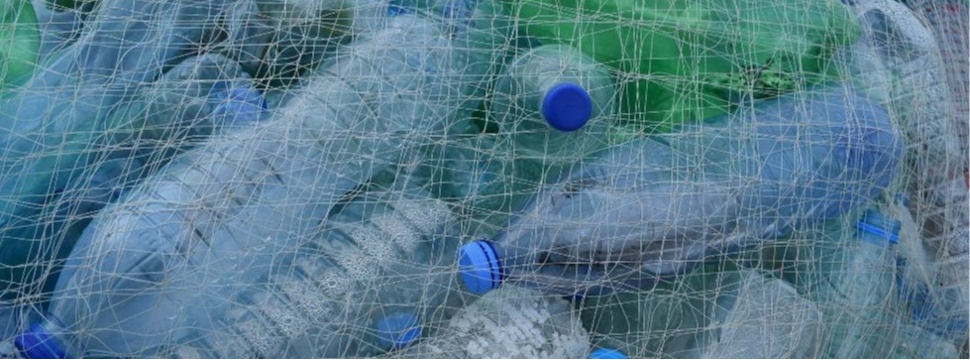The dirty tricks of deposit fraudsters
News News blog
Deposit fraud is a tiresome topic for many supermarkets and discounters. Whether teenagers or pensioners, men or women, customers, employees or even managers - time and again, some people try to cheat the deposit machines with clever tricks. The individual sums involved range from a few euros to millions.

One of the best-known scams is the so-called "fishing trick": a deposit bottle is inserted into the machine and pulled out again with a cord attached to the neck of the bottle. In theory, the same bottle can be "returned" any number of times. However, the markets have now developed effective countermeasures against this scam.
Some fraudsters also demonstrate criminal energy by painting barcodes on bottles and cans that do not actually have a deposit. Or they steal deposit vouchers from donation and collection boxes and then redeem them at the checkout. One cashier had scanned vouchers several times and defrauded her employer of over 600 euros in this way.
One drinks retailer was even more brazen, manipulating the reverse vending machine so that cans and bottles were not destroyed and could be scanned multiple times. In this way, he stole over 44,000 euros. The manager of another drinks market similarly switched off the shredder function of the machines and even managed to scam 1.2 million euros in this way.
In the so-called "sticker trick", fraudsters print out the logo of Deutsche Pfandsystem GmbH (DPG) and affix it to bottles that do not actually have a deposit, such as vinegar or oil bottles. Modern vending machines now also scan the EAN code on the labels to prevent this trick.
Overall, the annual damage caused by deposit fraud in Germany is estimated to be in the millions, even if experts say it cannot be quantified precisely. One thing is clear: deposit fraud is not a trivial offence, but a criminal offence. Offenders can expect to be reported to the police and banned from the premises if they are caught. Supermarkets and discounters are constantly upgrading their technology to put a stop to fraud.










